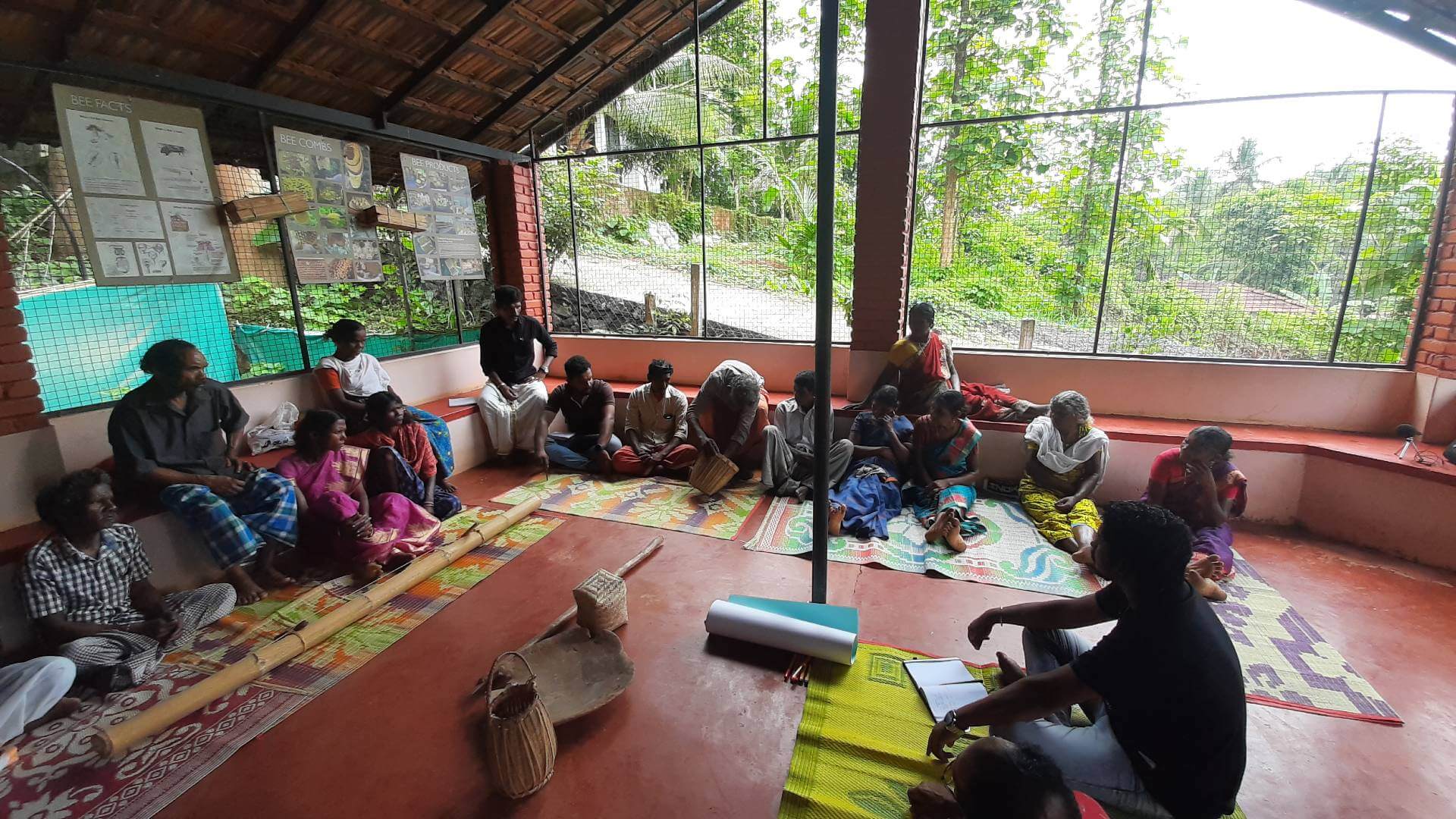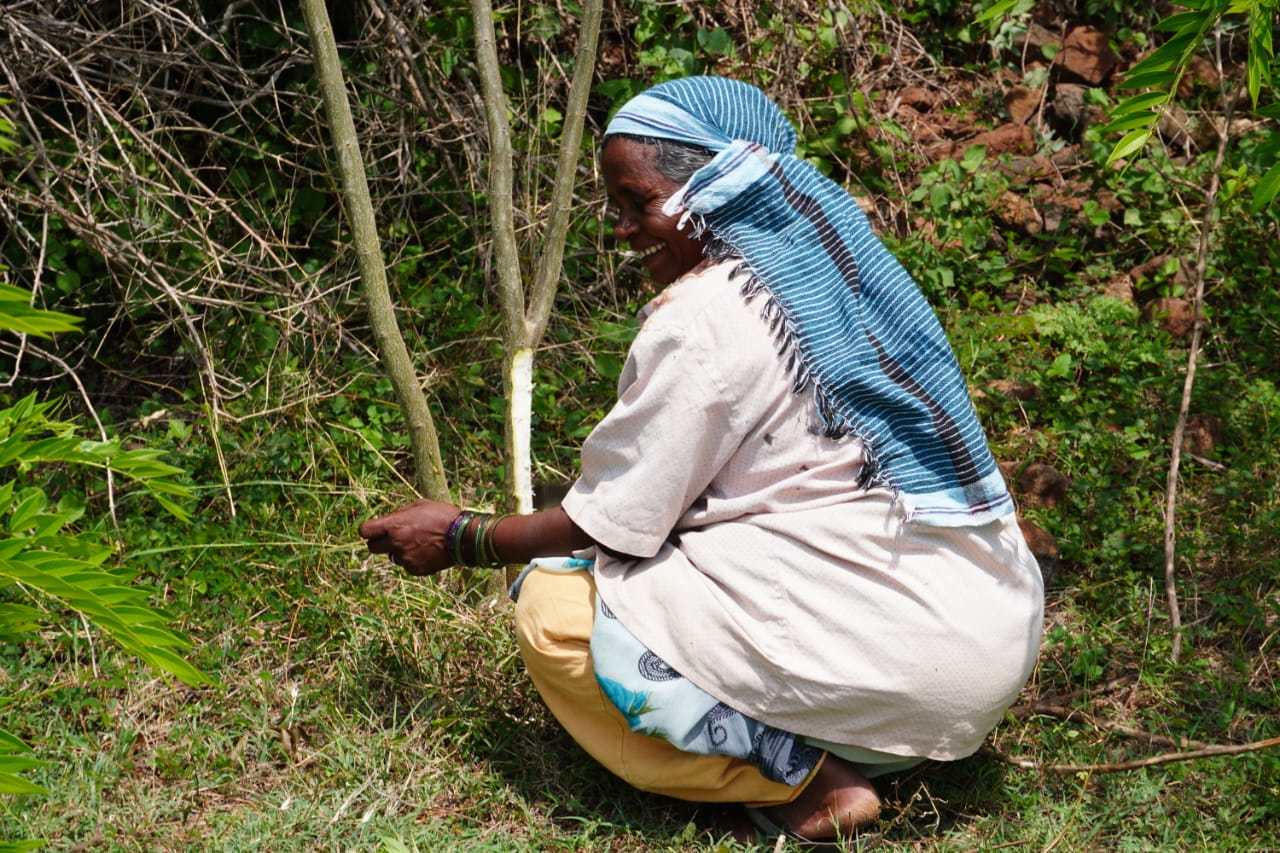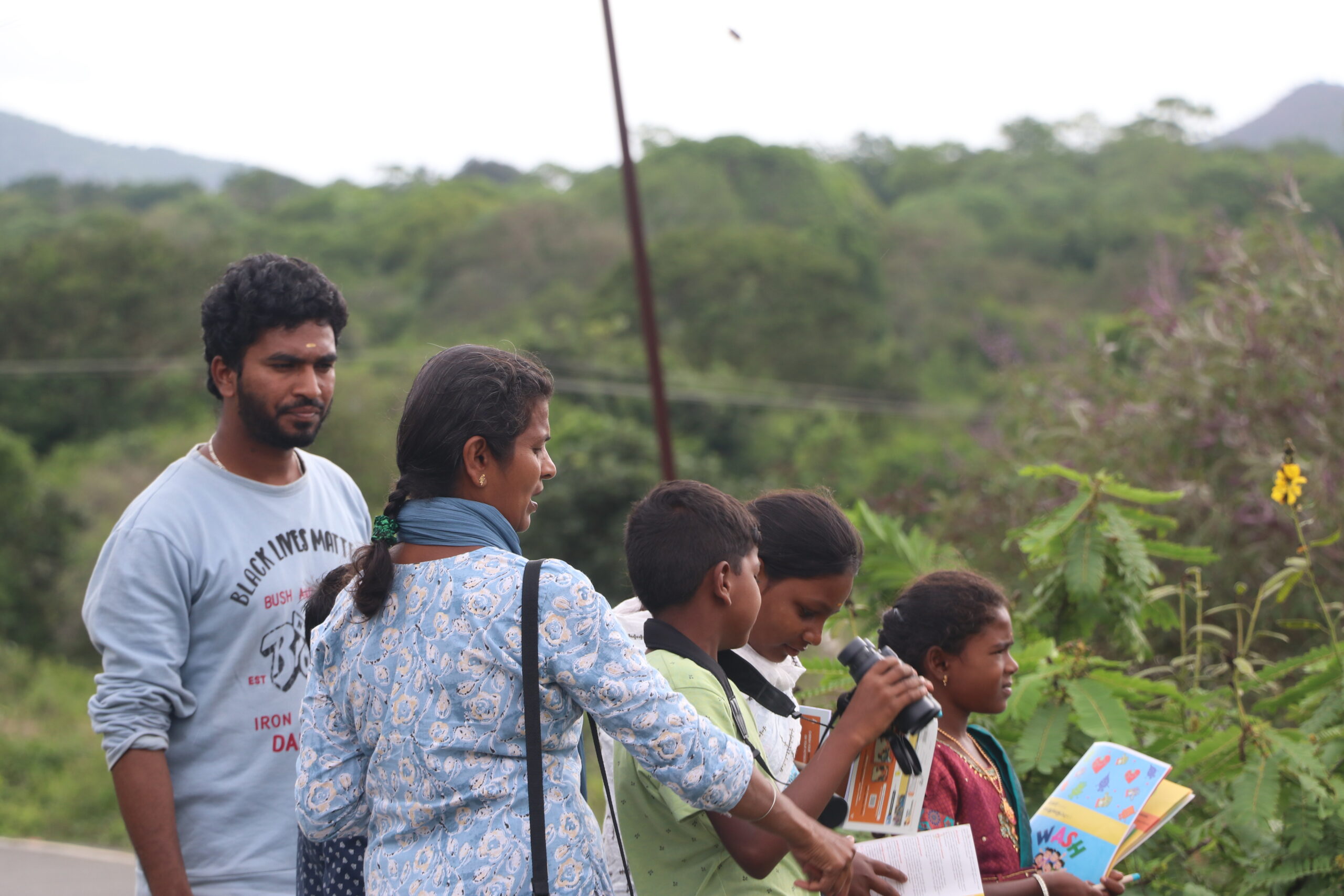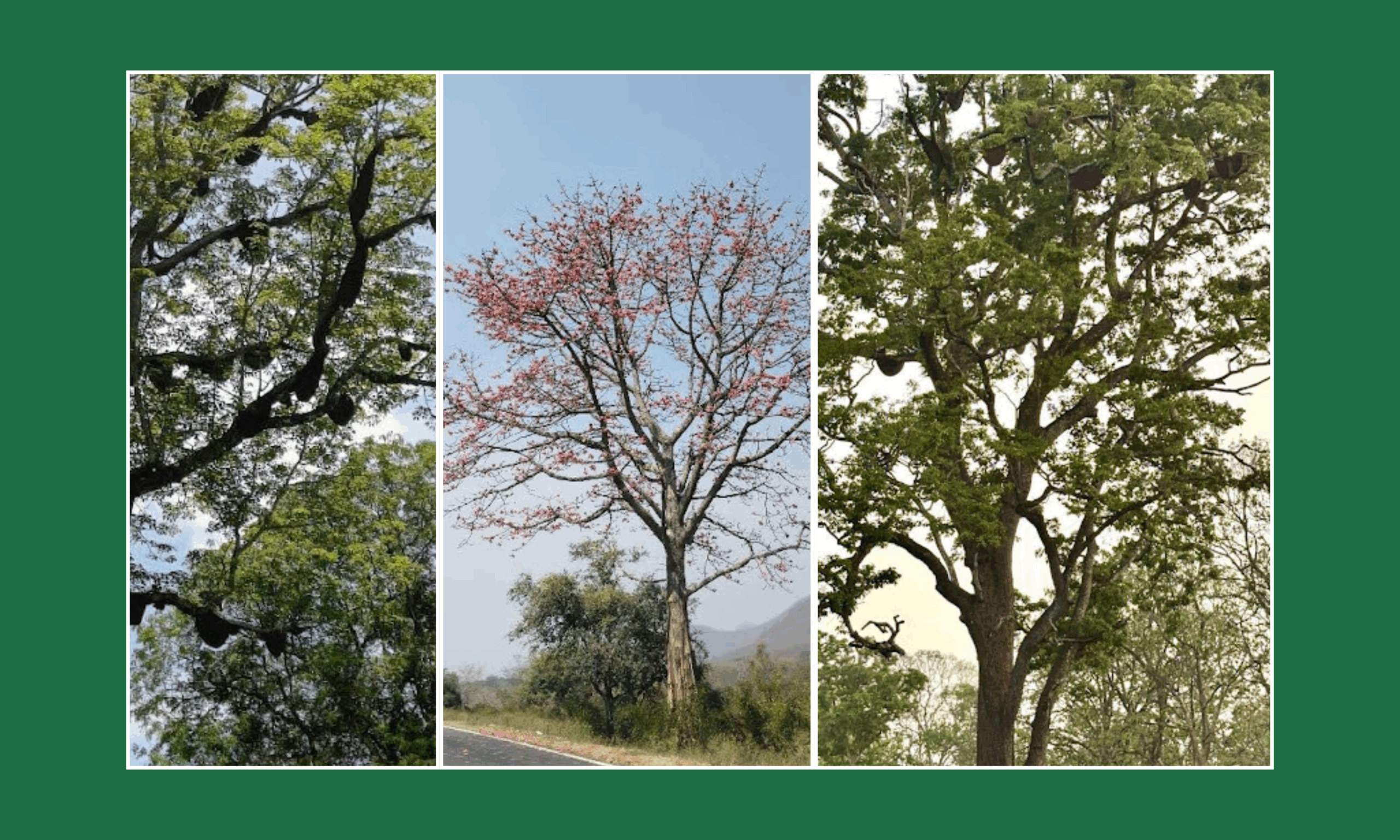Earlier this month, on the 11th and 12th of May, a community consultation was organised by the People and Nature Collectives Nilambur team in association with Thoduve Community Foundation, an organisation run by the indigenous communities of Nilambur. Led by Syamjith Palakkayam, Suresh Pulimunda, Sumitra Pattakarimbu, Vyshanth Pookkottampadam and Babu Vaniyampuzha, our community-based researchers in Nilambur, the objective of the dialogue was to understand community perceptions about the representation of tribal communities in mainstream discourses and public spaces. More than 20 elders from the Kattunayakan, Paniya, and Muthuvan communities of Pulimunda, Vaniyampuzha and Palakkayam participated in the discussions. The research team engaged the elders in conversations around the scope of exploring community histories and contemporary locations through the documentation and retellings of Traditional Cultural Expressions, Ecological Knowledge, and the Techniques of Culture. Various domains of cultural and ecological knowledge came up in the deliberations, including cultural geographies, sacred ecologies, creation myths, and cultural techniques embedded in activities like honey hunting, food gathering, music and the crafting of tools and objects.
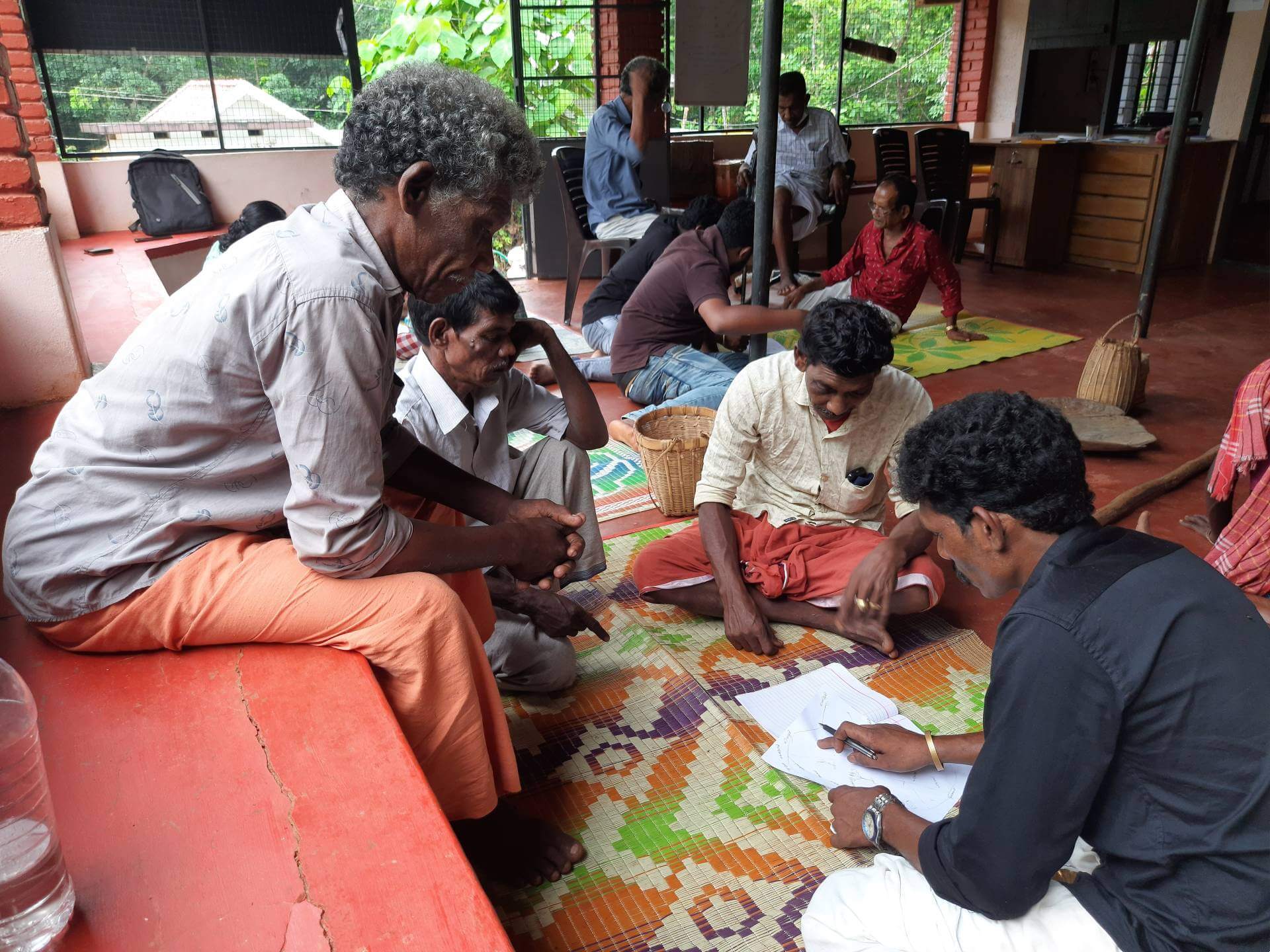
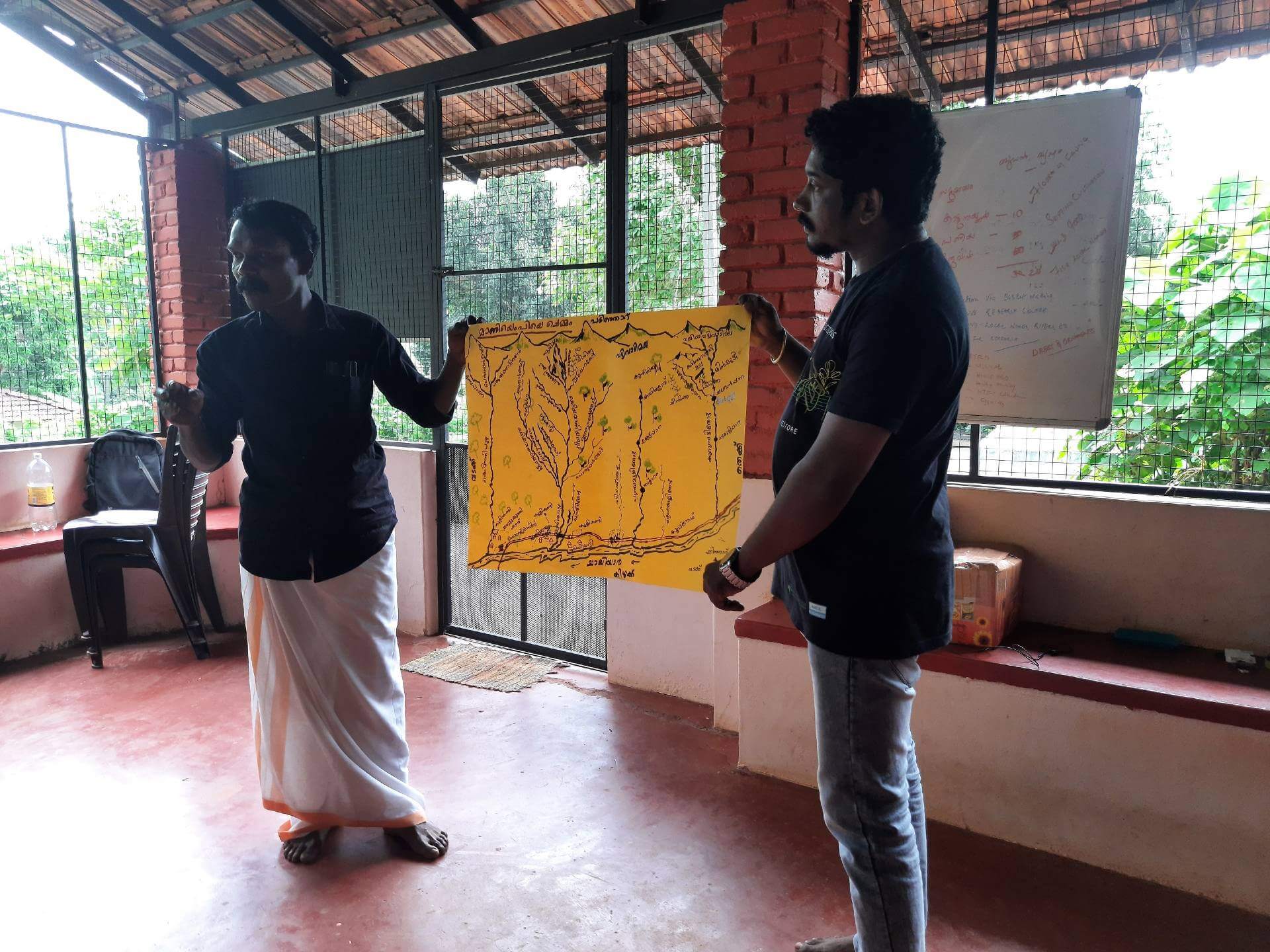
The People and Nature Collectives is working with Thoduve Community Foundation on two projects at the moment. ‘The Ownership of Public Histories in India’ is an initiative where community-based researchers from the Nilgiri Biosphere Reserve and academics from universities explore methods in participatory history writing and representation with communities, engaging multiple public spaces in understanding the dynamics of historical discourses, and the teaching of history across spaces like schools, institutions of higher learning. The other initiative linked to ideas of community representation is the ‘Indigenous-Led Education’ project, which aims to facilitate a resource centre for tribal heritage in Nilambur. This initiative is part of an international network of community-led initiatives that centre stages the need for indigenous communities to create pedagogies of learning to revitalise Traditional Cultural Expressions, and encourage inter-generational learning of Ecological Knowledge. The resource centre will also serve as a community driven space to engage members of the public, civil society organisations, governmental agencies, and other public institutions.

